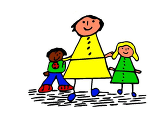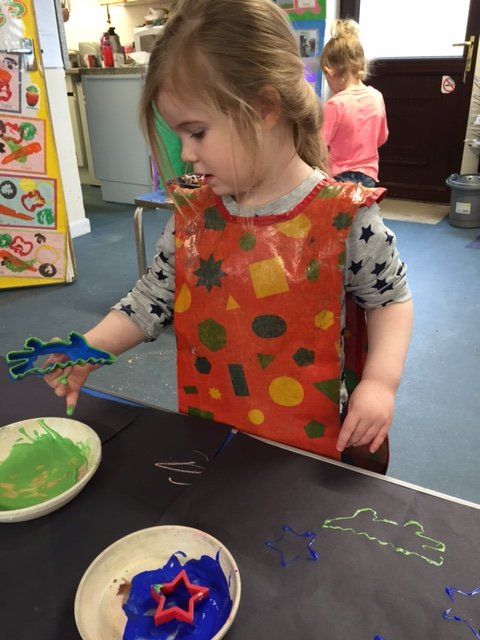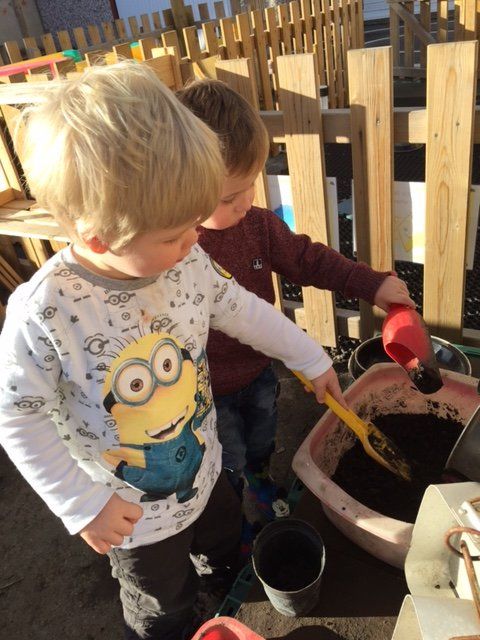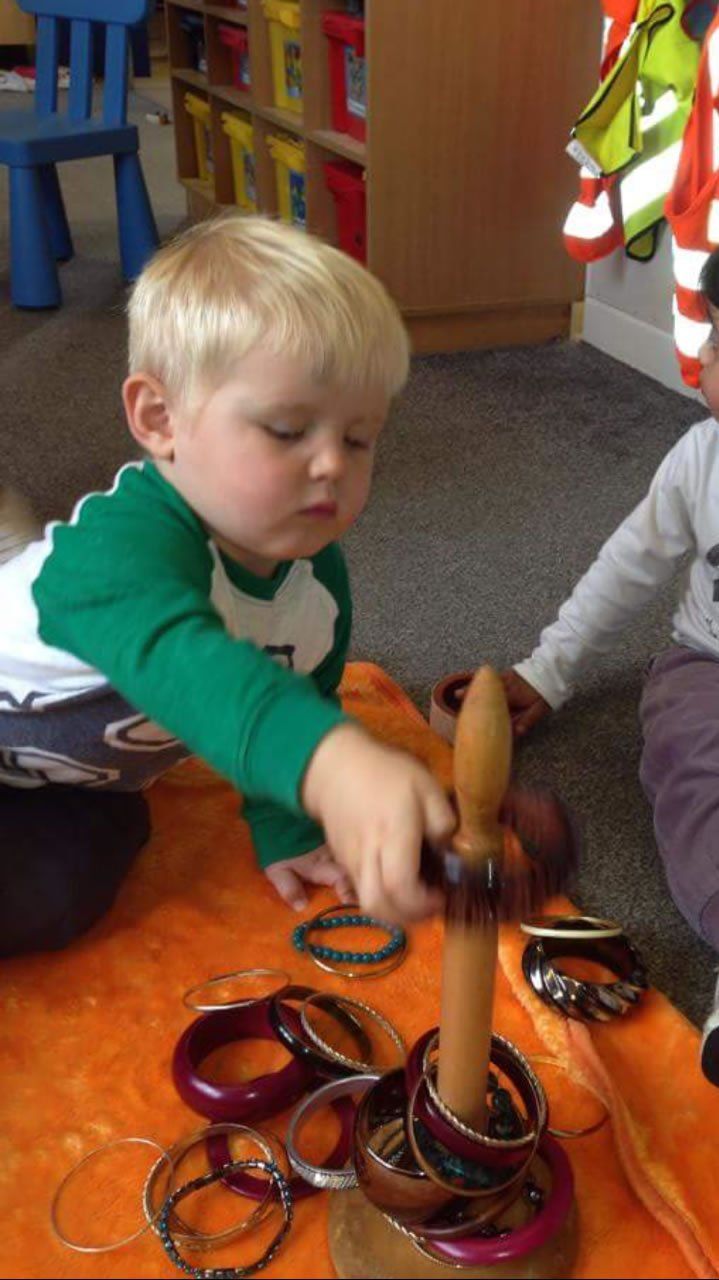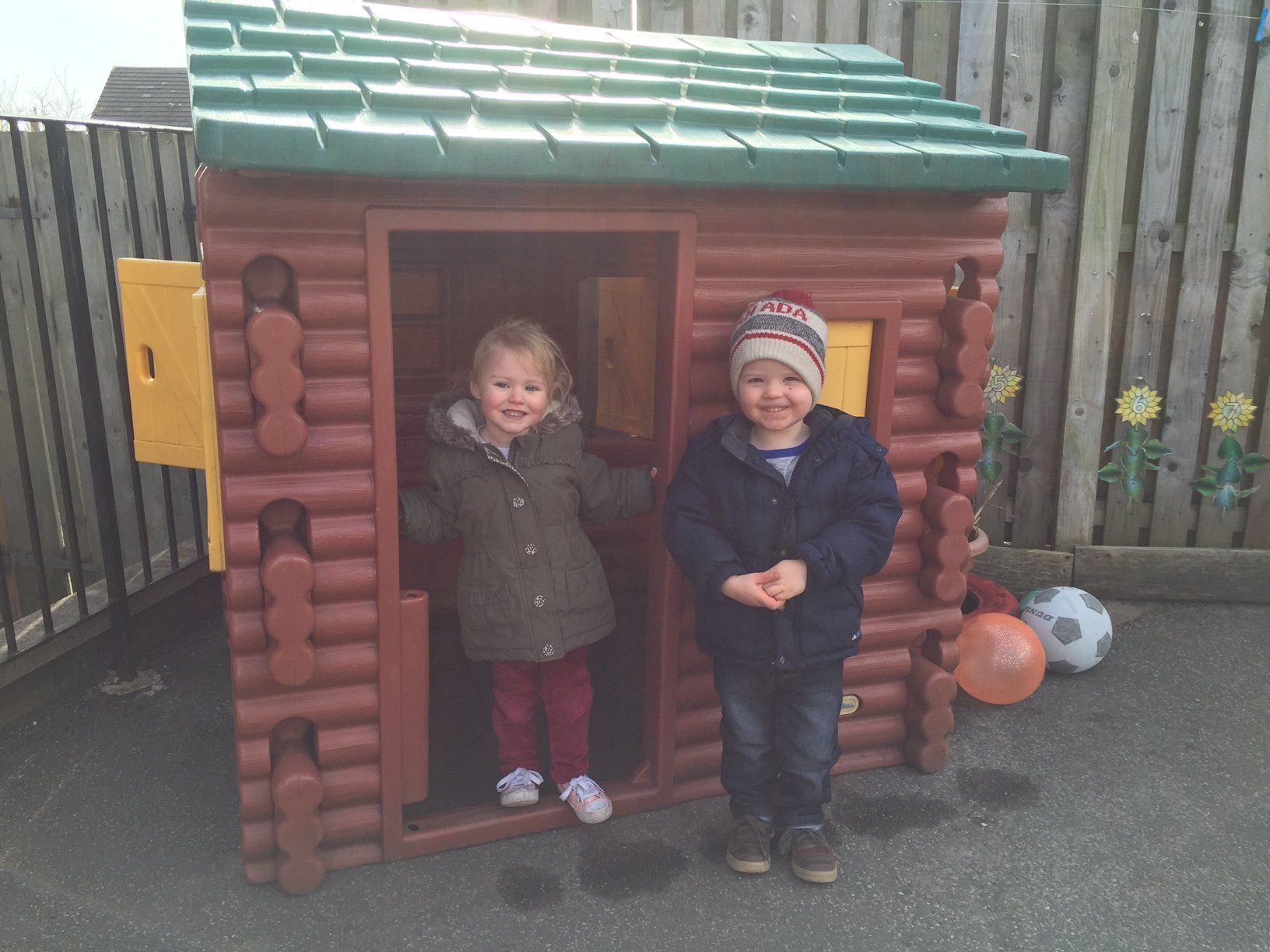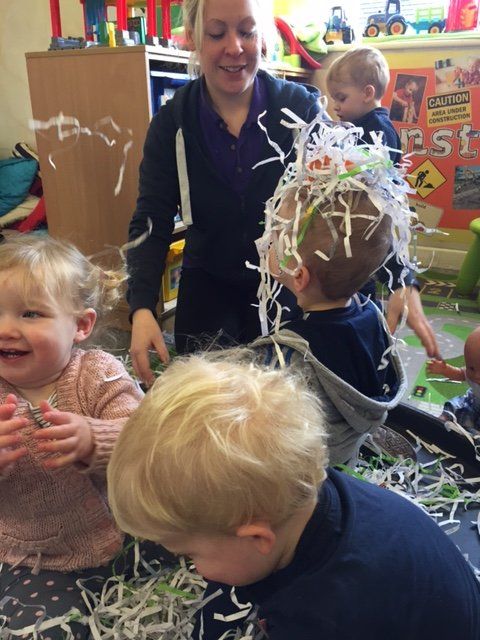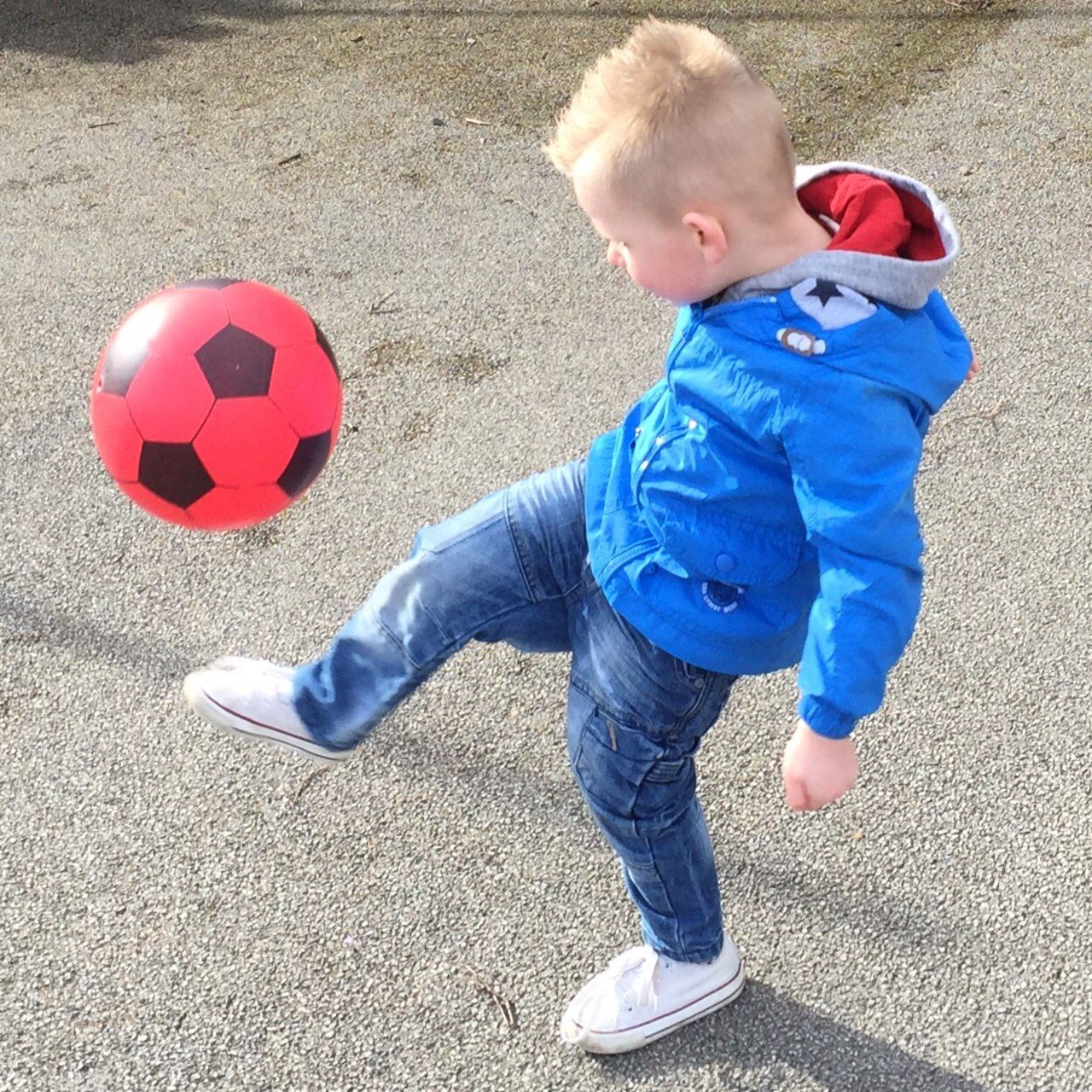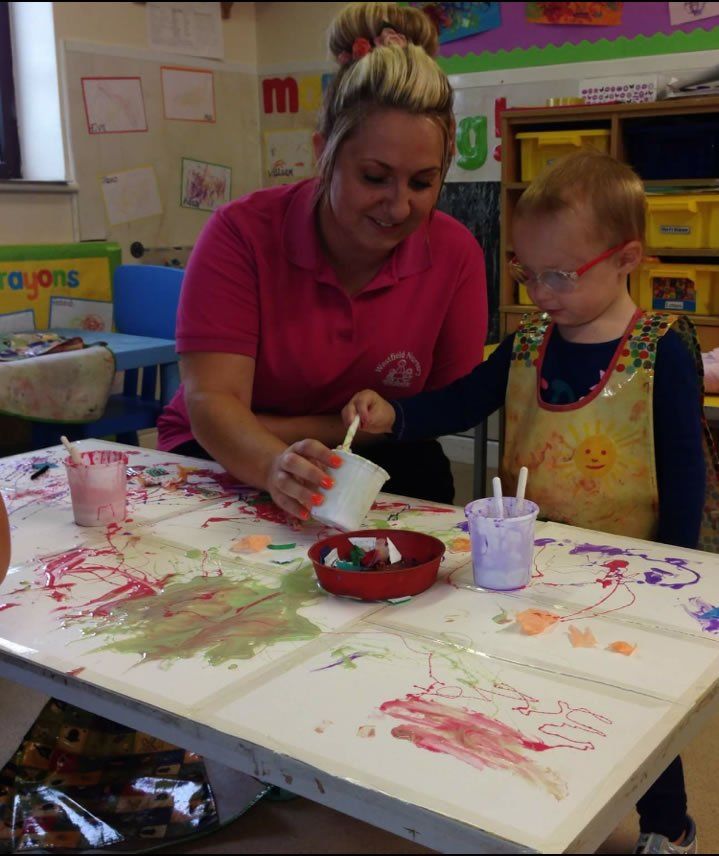Westfield Nursery
A privately run nursery for 0-5 year oldsEstablished since 1997
Established since 1997
OFSTED/EYFS
Ofsted/EYFS
Ofsted
Ofsted is the Office for Standards in Education, Children's Services and Skills. They inspect and regulate services that care for children and young people, and services providing education and skills for learners of all ages.
For more information please visit the Ofsted website.
Please see our latest Osted report, please click here.
EYFS
The ‘Early years foundation stage’ (EYFS) came into effect from September 2008.
The Early Years Foundation Stage (EYFS) sets standards for the learning, development and care of children from birth to 5 years old. All Ofsted registered early years providers must follow the EYFS.
The EYFS supports an integrated approach to early learning and care. It gives all professionals a set of common principles and commitments to deliver quality early education and childcare experiences to all children.
As well as being the core document for all professionals working in the foundation years, the EYFS framework gives mums and dads confidence that regardless of where they choose for their child’s early education, they can be assured that the same statutory commitments and principles will underpin their child’s learning and development experience.
The main emphasis of the curriculum is that children will learn from their own experiences, things that they are mainly interested in and playing. These experiences are to be mainly child led that follows their own individual interests.
Children learn much better this way than sitting down and writing etc.. Some children will learn better sitting down but that is what we are here for – to judge each child’s learning abilities and to use these different ways of learning with each child.
Development records and trackers will be kept for each child and will contain children’s work, photos and observations. These records are kept on an online system called ‘Early Essence’. All parents are given an individual password so they can access their own child’s records. Parents can add photos and comments to their child’s record. A monitoring tracker is also completed for each child so that we are able to see that all children are developing in all areas of learning.
Staff will plan certain activities, but the children will choose the activities on things of interest to them or maybe on something that has happened that day either at nursery or home i.e – it’s snowed, new baby arriving, finding a spider outside etc…
All the children will have a key person whilst at nursery, (the staff will let you know who your child’s is). Your child’s key Person will be the person that you talk to about your child and the one who will talk to you about your child.
These may be slightly different from morning to evening depending on the staff shifts but if there is any important information that needs sharing either way it will always be your child’s key Person. The key Person system will help you, your child and the staff looking after your child gain a better bond together that may be a lot more helpful if problems arise. Your child’s key worker will be the person they will go to if upset, had an accident or just needs some reassurance.
The children will split into their key Person groups through out the day to do different activities together in smaller groups. This also helps the quieter / shyer children to be heard and join in more, and the more boisterous / louder children to take a little bit of a back seat.
As we know many parents will ask their child “what have you done at nursery today?” and if they don’t take home some kind of picture they don’t know what they have been doing all day! We know all children are different and some do not like creative activities so really would not gain anything from these types of activities where as others will stand and paint picture after picture until the paper runs out!! If your child doesn’t like the creative side of nursery and never comes home with pictures and painting they have still been kept very busy – exploring in the sand, building with the bricks, dancing, singing, looking for bugs outside and the list goes on.
One of the main points of the EYFS is that it is from birth to the end of reception class, these first years of a child’s life is what makes them into the adult they become and we do this by giving them experiences and learning opportunities for them to thrive and learn for themselves.
The EYFS is divided into 7 areas of learning –
Communication & Language, Physical and Personal, Social & Emotional Development. – The prime areas are fundamental, they work together and move through to support development in all other areas. The prime areas begin to develop quickly in response to relationships and experiences, and run through & support learning in all other areas. The prime areas continue to be fundamental throughout the EYFS.
There are four specific areas that include essential skills and knowledge. They grow out of the prime areas, and provide important contexts for learning. The 4 specific areas are: Literacy; Mathematics; Understanding of the World; Expressive Arts & Design.
